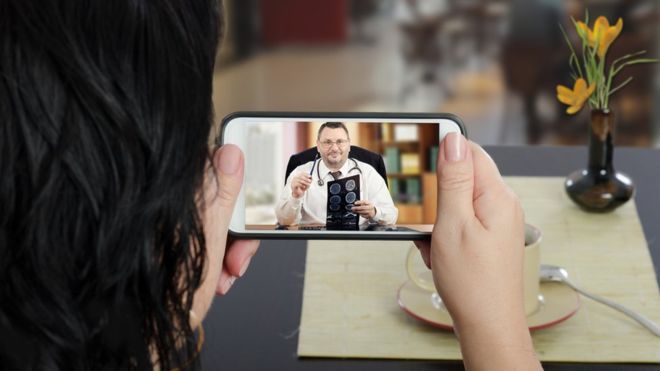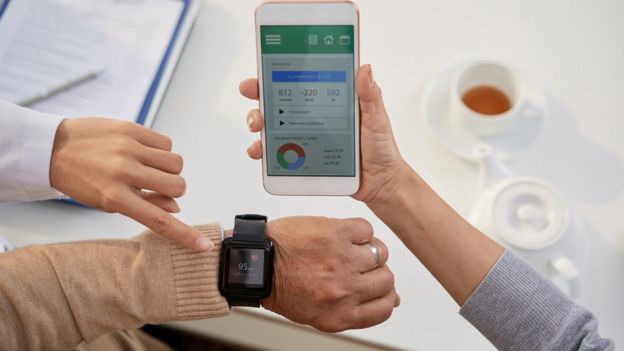Over 10 years experience of Traceability Solutions

By pharmatrax
Category: News
 No Comments
No Comments
From automated eye scans to analysing the cries of new-born babies, faster drug development to personalised medicine, artificial intelligence (AI) promises huge advances in the field of healthcare. But major challenges remain.
At the recent AI for Good Summit in Geneva, Switzerland, we were told how AI could speed up the development of new drugs, lead to personalised medicine informed by our genomes, and help diagnose diseases in countries suffering from underdeveloped health services and a chronic shortage of doctors.
But there are two main obstacles preventing access to this utopian destination.
One is that the AI being applied to the world’s health problems isn’t quite good enough yet. The other related issue is the lack of good quality digital data – less than 20% of the world’s medical data is available in a form that AI machine learning algorithms can ingest and learn from, the WHO estimates.
As populations grow and age, more pressure is being put on doctors who are struggling to cope with the increase in administration that comes with more patients wanting to be seen more often. And in emerging economies, there simply aren’t enough doctors to go around.
So many companies have been developing health advice and symptom checker apps as a way of filling the gap.
“Studies in the UK have found that 20% of people who go to the doctor don’t really need to be there – the appointments are for minor ailments and injuries that could have been sorted by other means,” explains Jonathon Carr-Brown, head of partnerships for Your.MD, a health information and symptom checker app.
But the rise of such apps has caused concern among health professionals.
Last year, for example, Babylon, the company behind the UK’s National Health Service app GP at Hand, caused a row by claiming its AI-powered chatbot was as good as a doctor – a claim that was disputed.
This is perhaps why companies like Microsoft, which has developed a chatbot or “virtual assistant” specifically for the healthcare sector, are being careful not to exaggerate the abilities of their creations.
“It’s certainly not a replacement for your doctor, more of a support,” explains Hadas Bitran, head of Microsoft Healthcare Israel.
“We want to help doctors decide who they need to help first. It’s like a rule-based textbook for triage.”

The chatbot comes equipped with medical content provided by trusted third parties, general symptoms checking capability, and natural language processing that can discern whether or not a patient is upset. If it detects heightened emotion it will refer the case to a human, says Ms Bitran.
Your.MD’s Mr Carr-Brown also emphasises that his firm’s app is not a replacement for a doctor.
“Just because AI can diagnose, that doesn’t mean it should always do it. We need to focus on next steps advice rather than diagnosis, so we’re moving to being more of a guide and companion.”
It’s a telling admission.
Dr Soumya Swaminathan, the World Health Organisation’s (WHO) first chief scientist, believes there should be a global governance framework for AI in health. Indeed, the WHO and the International Telecommunications Union (hosts of the AI for Good Summit) have set up a joint focus group to look at how standards for AI in healthcare could be established.
“There is a risk that unevaluated apps could end up doing more harm than good,” she warns.
But in emerging markets, where there are fewer doctors to go around, such virtual assistants and AI-powered apps could provide remote care, linking people up to doctors via video link and providing initial diagnoses, argues Ms Bitran, thereby preventing many wasted journeys over long distances.